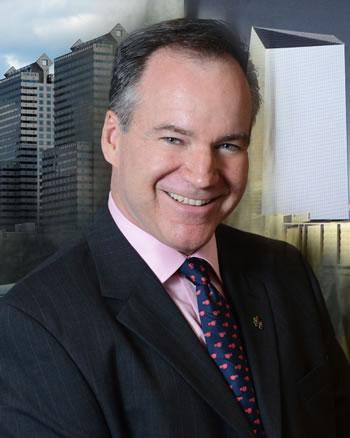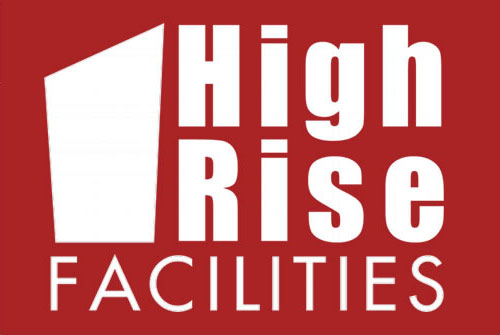John Kelly left the world of property management, but it only took a few years for him to return to his roots. “I jumped into the internet world back in 2000, taking a 4- or 5-year detour with a startup company that was building cool internet co-location data centers,” says Kelly, director of property management for Brandywine Realty Trust. “I had the requisite real estate and construction background, so it was fun for a while. But I ultimately came back to property management because I realized that I enjoy the experience.”
Part of the reason he returned to the industry was because of the team environment. “I would be a pretty bad property manager if I had to do it all by myself; many of my accomplishments have come as a result of a team effort. I have a great team around me.”
 Q: How did you get started in property management?
Q: How did you get started in property management?
A: I was a bad college student, so I wound up getting a union job as a building apprentice engineer. I soon became a building engineer. I got a little bored doing shift work and wanted to do something different, so I talked to some friends and became an assistant building manager in New York City. That started me on the right path, and I went back and finished my undergraduate degree. I even took a brief shot at law school, but decided that wasn’t for me. I then became a building manager in Philadelphia 20 years ago, and I’ve been here at Brandywine Realty Trust since 2006. I’m currently the director of property management, so I’m responsible for our portfolio in Philadelphia (a little over 7 million square feet), which consists predominantly of Class-A commercial high-rises.
Q: What is the tallest building you’ve managed?
A: It’s not the tallest I’ve managed, but the largest complex I helped develop and manage was located in downtown Brooklyn. We built two all-electric skyscrapers: a 25-story tower and a 10-story building. There were several operational difficulties, especially with the 1.8 million square feet of raised floor throughout the buildings. The elevators were one of the most challenging aspects of the high-rise. The occupants needed to make runs to the Federal Reserve Bank twice a day; they were time-critical deliveries that needed to not only get out of the building, but get across the Brooklyn or Manhattan Bridges. Sure enough, the first day we were open, the elevators broke down. It pounded home the need for reliability 100% of the time.
Q: How have you seen the industry change over the years?
A: When I started out in the 1980s, the typical route of the building manager was an engine room guy who basically sat at a desk in the basement somewhere. It has become much more high-profile and more financial-management oriented; it seems like there are far fewer people who come in with an engineering background. The younger property manager types are more financially oriented, which is good, because income and expense management have become more important on a daily basis than they used to be.
Q: Explain a lesson you have learned based on your years of experience.
A: One thing I learned early on was not to wait. I see a tendency with a lot of property managers to say, “I’m going to wait until after construction or after the project is done to take care of that” so they can avoid the risk of having to redo something. For me, I’ve learned to just take care of it. If you have to do it twice, then you have to do it twice. The tenants don’t understand or care why you’re waiting – they just see that nothing is getting done. I try to teach everyone that we’re essentially the Four Seasons. If you don’t know what to do, take a look at what the Four Seasons does in terms of customer service and how they treat their customers, and do that. Whoever walks in there, whether it’s Prince Charles or me, is treated the same. It’s a great lesson: treat everybody great and go from there.
I also participated in a one-day Disney Difference seminar, and I loved it. It was a great investment because it pointed out the importance of details. A lot of it is easy and inexpensive to do, but it still makes a difference. I had a summer job years ago as an office cleaner. I never thought it would lead to being a property manager, but I realized back then that people don’t notice clean … they notice dirty.
Q: Is there advice would you share with young professionals starting out in this industry?
A: Think beyond your one building or your property portfolio. How does your budgeting and expense management help or hurt the company as a whole? It has been pointed out to me before that everyone loves throwing in contingency money, such as $10,000 for a possible broken window. But if every property manager in your organization put $10,000 in his or her budget for contingency purposes, you could be reserving an extra $3 million for broken windows that may never need to be replaced. $10,000 may seem like nothing until you roll it up to $3 million, and then you realize that it’s a lot.
Q: What do you see for the future of commercial real estate?
A: There will continue to be a different diversity of talents, which is great. Technology has been a big help – you don’t necessarily have to be onsite all the time. Most systems now allow you to do your job from wherever you may be. I’ve always said I want to be Jack Bauer from 24 and be able to do things on my smartphone, and it has become much more that way. Down the road, this may mean that the manager who could effectively manage 1 million square feet will now be expected to effectively manage 2 million square feet because they have technological help.

